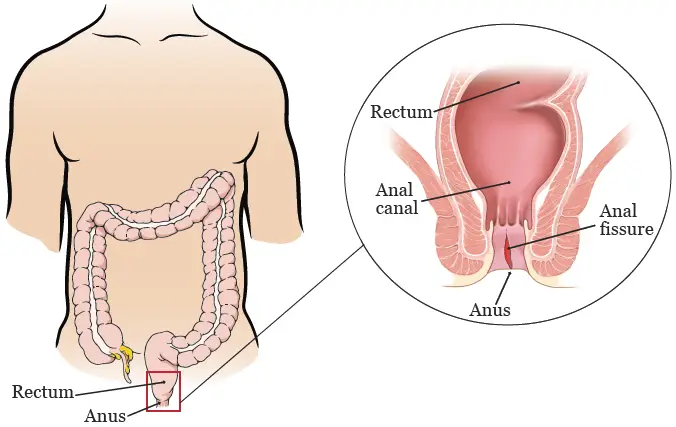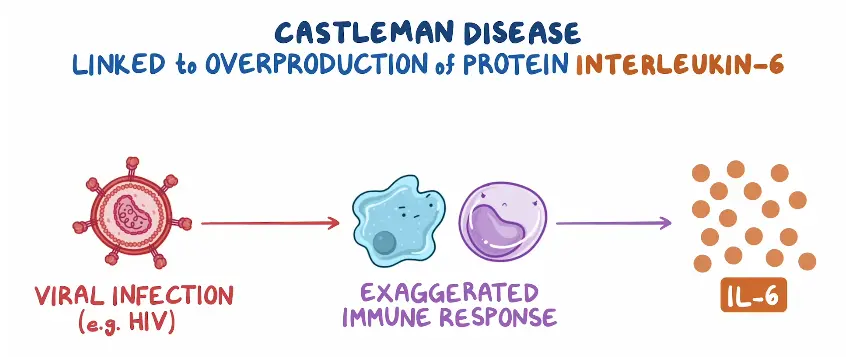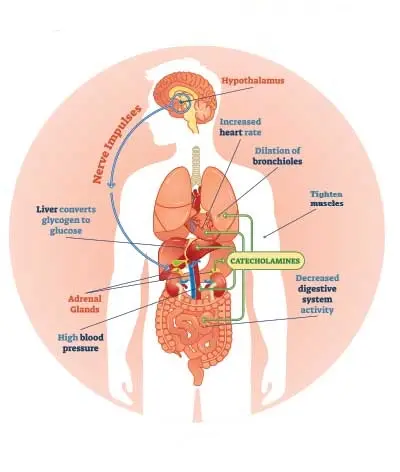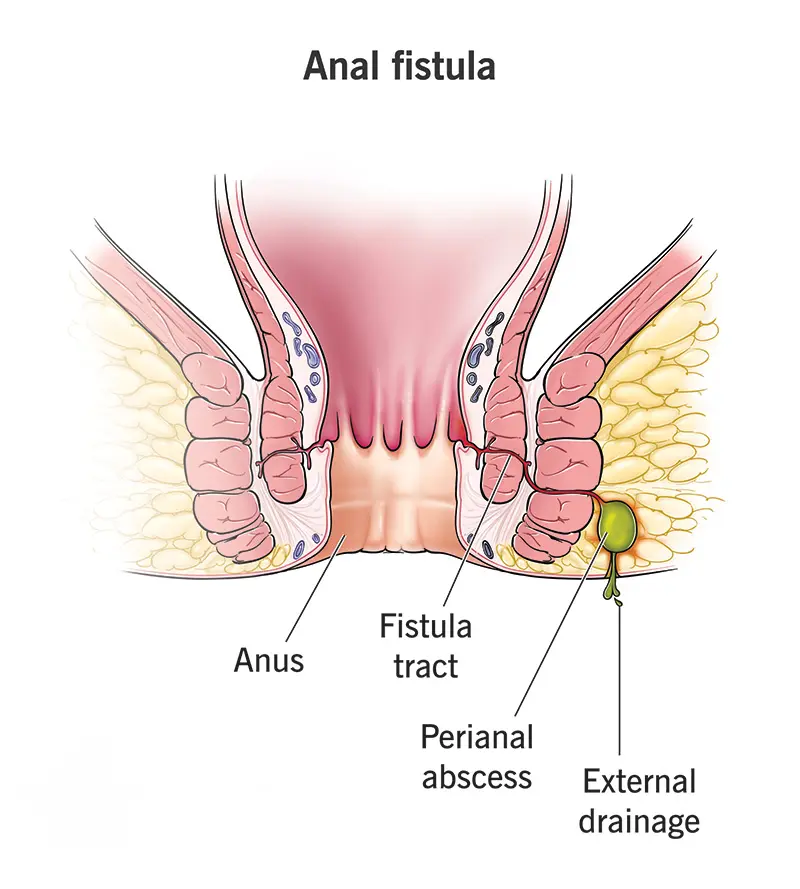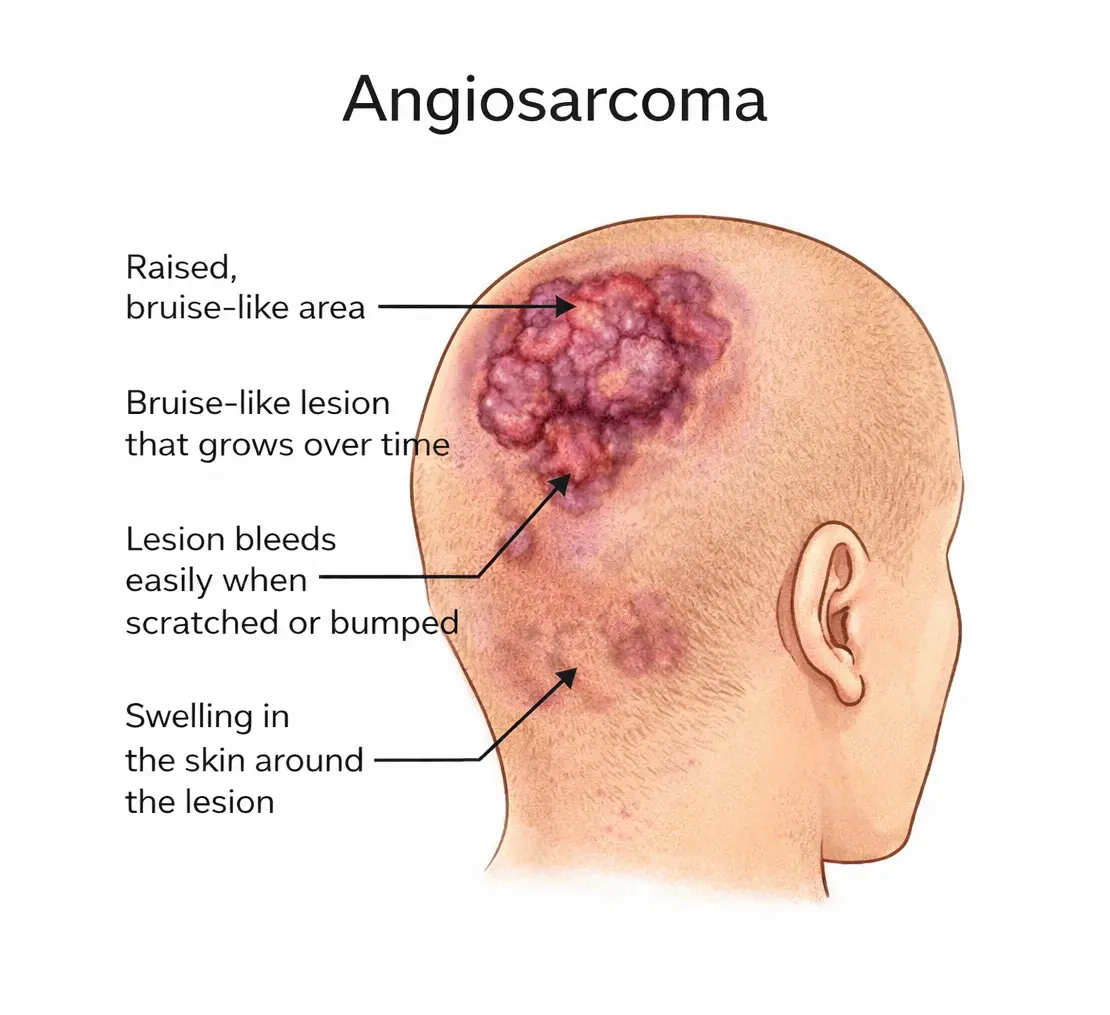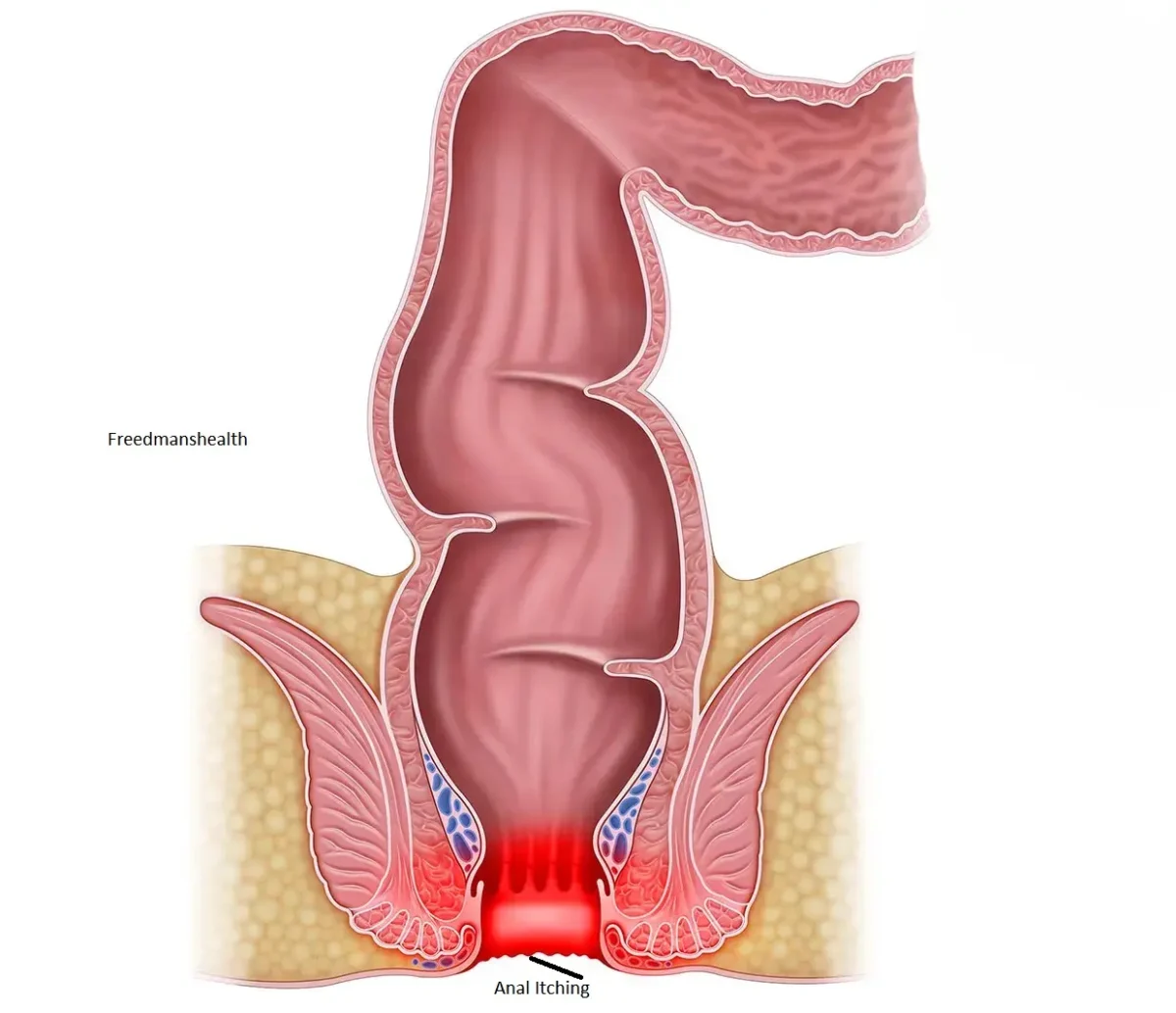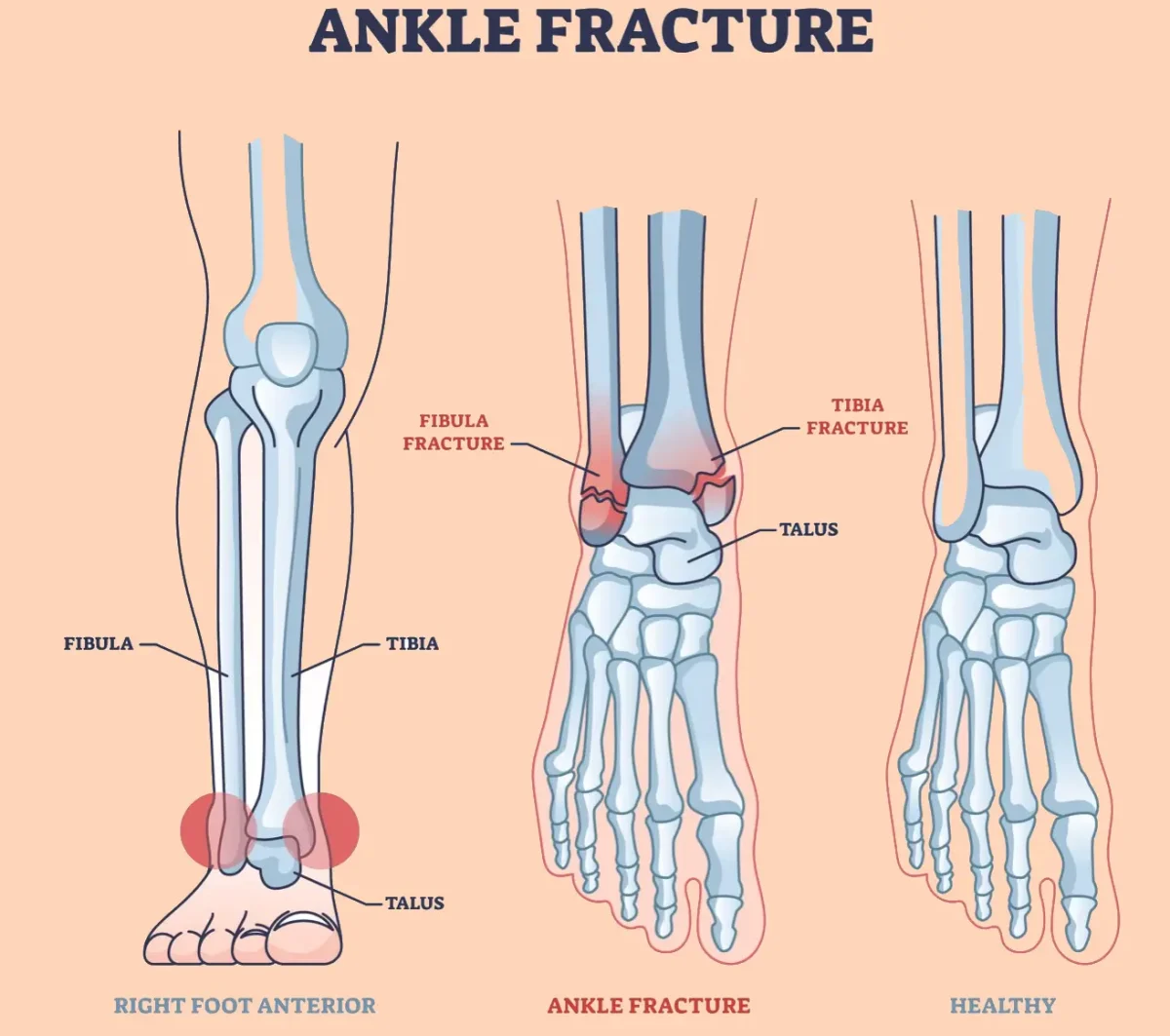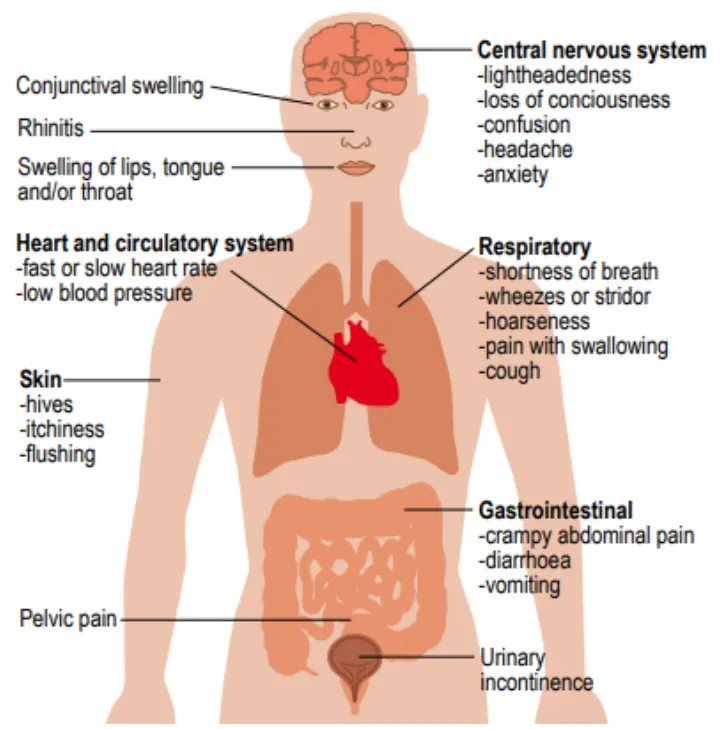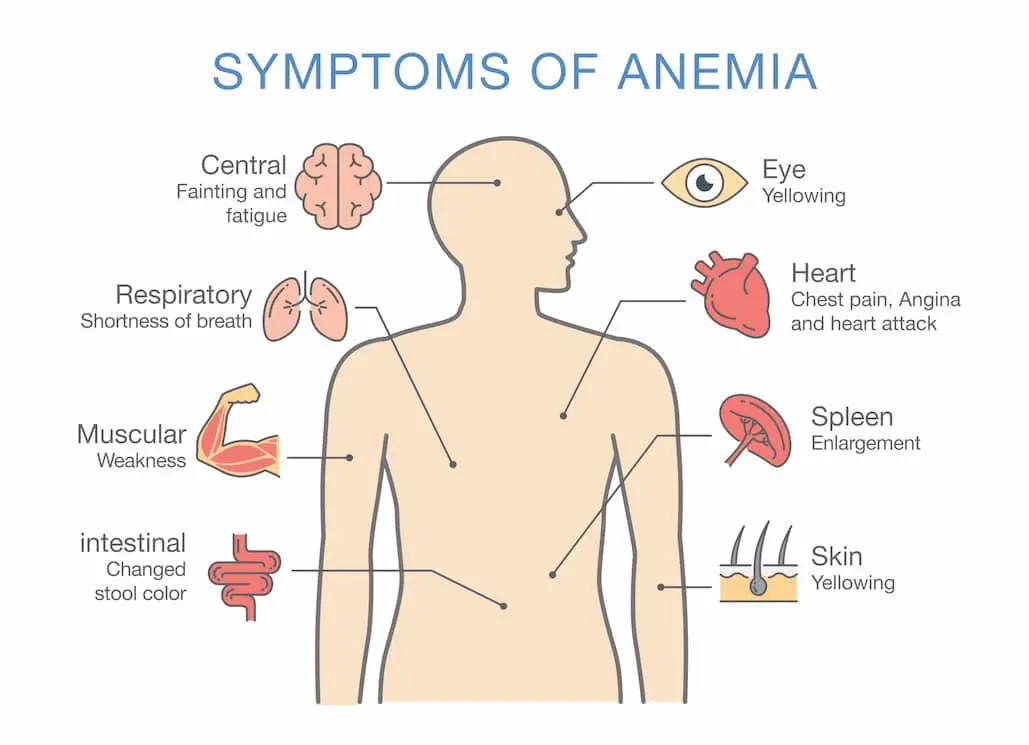An anal fissure is a small tear in the thin, moist tissue that lines the anus. The anus is the opening at the end of the digestive tract where stool leaves the body. Anal fissures most often occur due to constipation, straining during bowel movements, or passing hard or large stools. Anal fissures commonly cause pain and bleeding during bowel …
Castleman Disease
Castleman disease is a rare disorder characterized by abnormal growth of lymph node tissue. It is not a single disease but a group of related conditions that involve an overgrowth of cells in the body’s lymphatic system. Castleman disease can affect a single lymph node region or multiple areas of the body and may lead to immune system dysfunction. The …
Anxiety Disorders
An anxiety disorder is a type of mental health condition. If you have an anxiety disorder, you may respond to certain things and situations with fear and dread. You may also experience physical signs of anxiety, such as a pounding heart and sweating. It’s normal to have some anxiety. You may feel anxious or nervous if you have to tackle a …
Anal Fistula
An anal fistula, also known as fistula-in-ano, is an abnormal tunnel that forms between the inside of the anus and the skin surrounding the anus. The anus is the muscular opening at the end of the digestive tract through which stool exits the body. Most anal fistulas develop as a result of an infection in an anal gland. This infection …
Angiosarcoma
Angiosarcoma is a rare and aggressive type of cancer that forms in the lining of blood vessels and lymph vessels. Lymph vessels are part of the immune system and help remove bacteria, viruses and waste products from the body. Angiosarcoma can develop anywhere in the body. However, it most commonly affects the skin of the head and neck, especially the …
Anal Itching
Anal itching is a common condition that causes an intense urge to scratch the skin in or around the anus. The itching can be uncomfortable, embarrassing and sometimes severe enough to interfere with daily activities or sleep. Anal itching is also known as pruritus ani. It can have many possible causes, including infections, hemorrhoids and long-lasting diarrhea. Skin irritation or …
Broken Ankle
A broken ankle is a fracture involving one or more of the bones that form the ankle joint, including the tibia, fibula, or talus. It can range from a small crack to a severe break that disrupts joint stability. Broken ankles commonly occur due to falls, sports injuries, or accidents and usually require prompt medical evaluation to ensure proper healing …
Anaphylaxis
Anaphylaxis is a severe and potentially life-threatening allergic reaction that can develop rapidly. It may occur within seconds or minutes after exposure to a substance that triggers an allergy, such as certain foods, medications, insect stings or latex. During anaphylaxis, the immune system releases a large amount of chemicals that affect the entire body. This response can cause a sudden …
Anemia
Anemia is a condition in which the body does not have enough healthy red blood cells or enough hemoglobin to carry adequate oxygen to body tissues. Hemoglobin is an iron-rich protein in red blood cells that transports oxygen from the lungs to organs and tissues throughout the body. When oxygen delivery is reduced, it can lead to symptoms such as …
